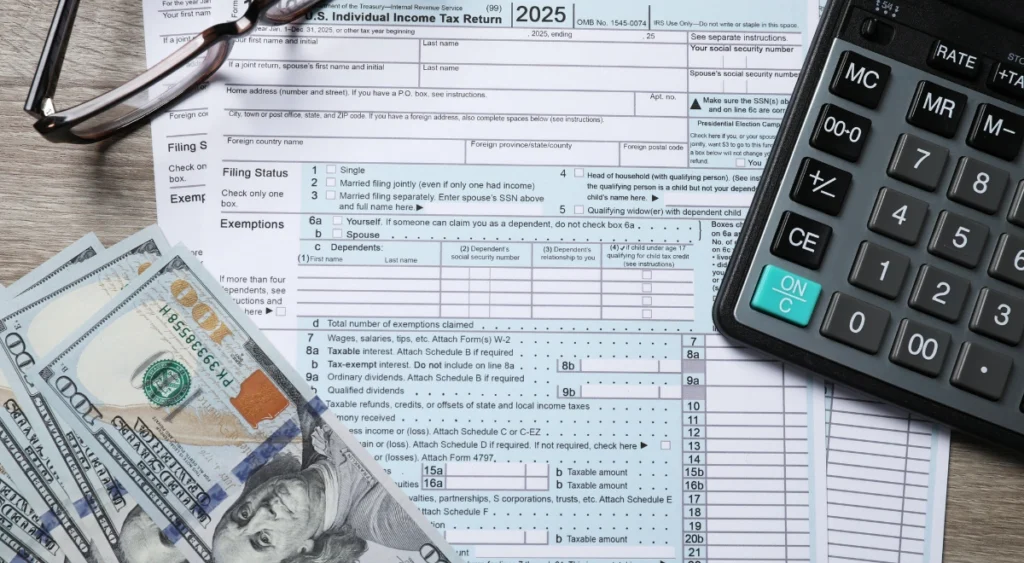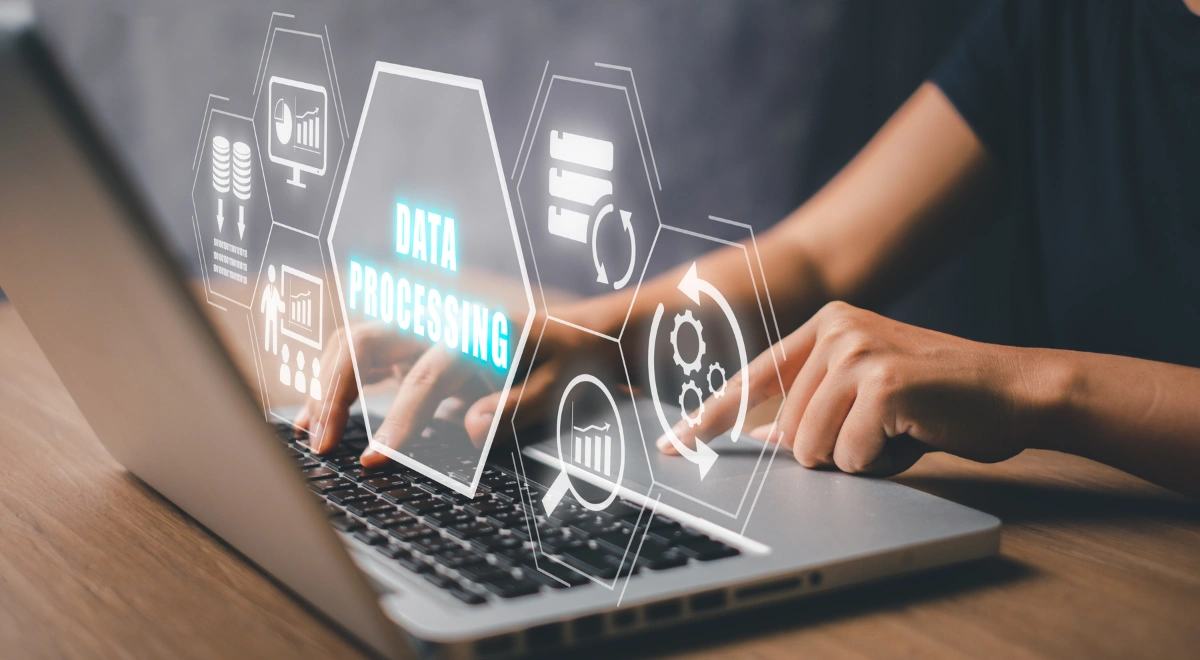Payroll data security contains some of the most sensitive data in an organization—salaries, bank account details, tax information, and personal identification numbers. A single breach can cost you not just financially, but also your brand reputation and employee trust.
In this blog, we’ll walk you through the essential steps to securing your payroll systems, understanding the risks, and creating a foolproof system that protects what matters most—your people.
Why Payroll Data Security Matters
Every business, regardless of size, processes employee payroll. But with increasing digital transactions and cloud-based payroll software, cybersecurity risks have also increased. Hackers often target payroll data security systems because they contain financial and personal data that can be exploited or sold.
Common Risks in Payroll Processing
- Phishing Attacks: Fraudsters pose as employees or vendors to trick payroll staff into releasing sensitive info.
- Weak Passwords: Many systems are breached simply because of easy-to-guess credentials.
- Unsecured Wi-Fi/Networks: Data transferred over public or unsecured networks is at high risk.
- Outdated Software: Using unpatched payroll tools can leave vulnerabilities open to attackers.

Best Practices to Secure Payroll Data
- Use End-to-End Encryption
Ensure that every piece of data sent and received through your payroll system is encrypted to avoid interception. - Two-Factor Authentication (2FA)
Add an extra layer of verification to ensure only authorized personnel access payroll records. - Limit Access Rights
Not everyone in your HR or finance department needs full payroll access. Set role-based permissions. - Conduct Regular Audits
Periodic internal audits help identify anomalies early. - Employee Training
A trained employee is your first line of defense. Educate your team on payroll-related scams.
Role of Technology in Payroll Security
Modern payroll data security software often includes advanced security features like automatic backups, access logs, and real-time threat detection. Choose a provider that prioritizes data security, especially if you’re handling global or remote teams.
Conclusion
Securing your payroll process is not optional—it’s a business imperative. Investing in proper tools and following best practices not only protects sensitive data but also builds a strong foundation of trust with your employees.
FAQ
Q1: Is cloud-based payroll secure?
Yes, provided it uses advanced encryption, secure login protocols, and reliable data centers.
Q2: What to do in case of a data breach?
Inform affected individuals, report it to authorities, and update your security policies immediately.
Q3: Who should have access to payroll data?
Only authorized personnel like HR heads or finance managers with 2FA in place.


